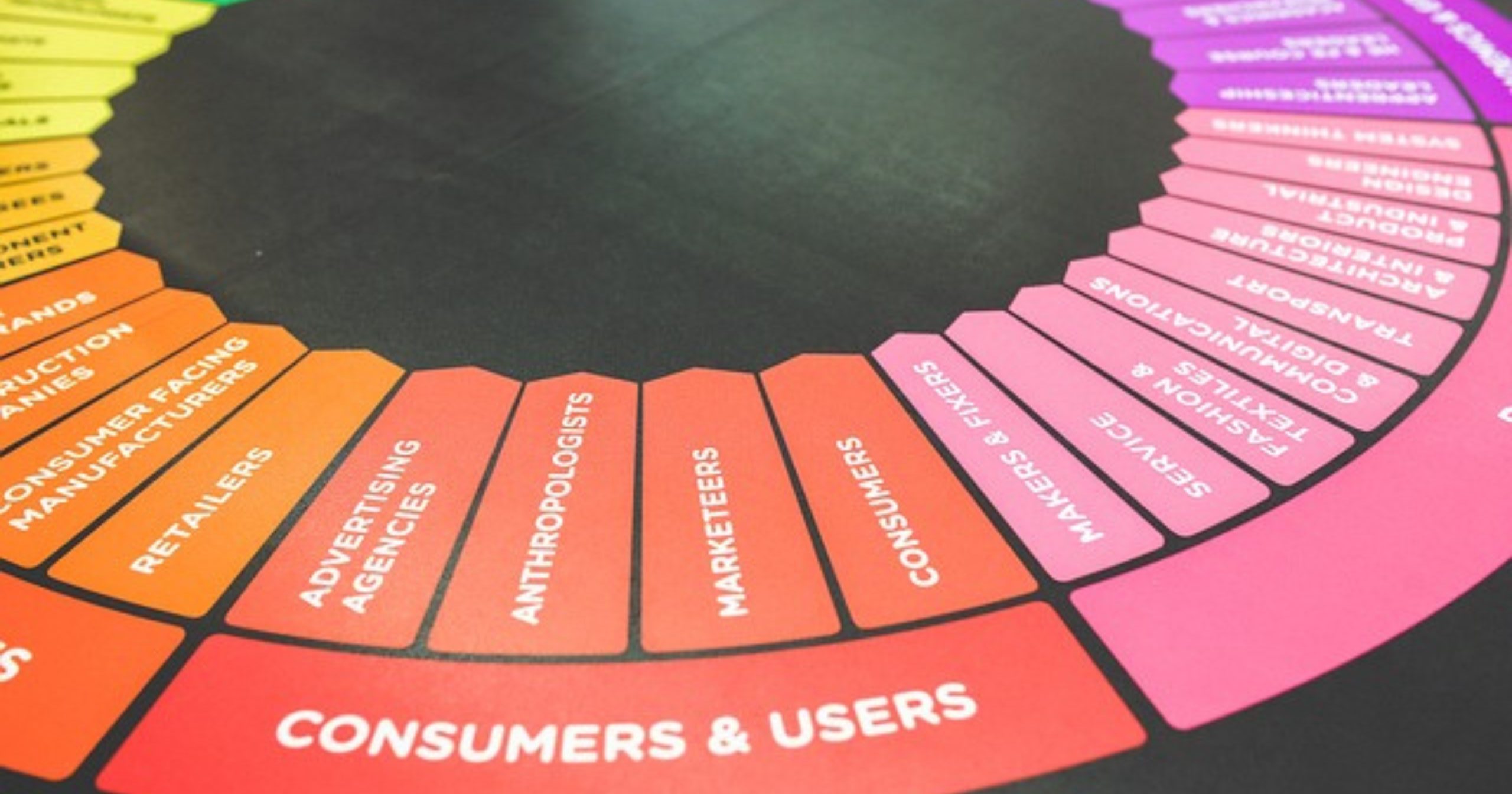
Google Ads Marketing: The Ultimate Guide to Running Profitable Ad Campaigns
1. Introduction to Google Ads Marketing
Google Ads is one of the most powerful digital advertising platforms, allowing businesses to reach targeted audiences through search results, display ads, YouTube, and more. Whether you’re looking to increase sales, generate leads, or drive website traffic, Google Ads can help you achieve your goals efficiently.
2. Types of Google Ads Campaigns
Google Ads offers various ad formats:
- Search Ads – Appear on Google search results when users enter relevant keywords.
- Display Ads – Visually engaging ads displayed on websites in the Google Display Network.
- YouTube Video Ads – Ads shown before, during, or after YouTube videos.
- Shopping Ads – Ideal for e-commerce businesses showcasing products.
- App Promotion Ads – Drive app downloads and engagement.
- Performance Max Campaigns – AI-powered ads that optimize across all Google platforms.
3. Understanding Google Ads Auction System
Google Ads operates on a bidding system, where advertisers compete for ad placements.
Key Factors That Determine Ad Placement:
- Bid Amount – How much you’re willing to pay per click.
- Quality Score – Google’s rating based on ad relevance, landing page experience, and expected CTR.
- Ad Rank – Determines ad position based on bid, Quality Score, and competition.
4. Setting Up a Google Ads Campaign
Step-by-Step Guide:
- Sign up for Google Ads and create an account.
- Define your campaign goals (sales, leads, traffic).
- Select the right campaign type based on your business needs.
- Set your daily budget and bidding strategy.
- Create compelling ad copy and visuals.
- Launch and monitor your campaign.
5. Keyword Research for Google Ads
Keyword research is essential to target the right audience effectively.
- Use Google Keyword Planner to find high-performing keywords.
- Match Types:
- Broad Match – Shows ads for variations of the keyword.
- Phrase Match – Ads appear for searches including the keyword phrase.
- Exact Match – Ads show only for precise keyword searches.
- Use Negative Keywords – Prevents ads from showing for irrelevant searches.
6. Writing Effective Google Ads Copy
To maximize ad performance, focus on:
- Attention-Grabbing Headlines – Use power words and numbers.
- Persuasive Descriptions – Highlight unique selling points.
- Ad Extensions – Include sitelinks, call buttons, and location info.
- A/B Testing – Experiment with different variations to see what performs best.
7. Landing Page Optimization for Google Ads
- Ensure Fast Loading Speeds – Google prioritizes user-friendly pages.
- Use Clear Call-to-Actions (CTAs) – Direct users to take action.
- Optimize for Mobile Devices – Over 50% of searches happen on mobile.
8. Google Ads Budgeting and Bidding Strategies
Google offers several bidding options:
- Manual Bidding – Set a maximum CPC (cost-per-click) manually.
- Smart Bidding Strategies:
- Maximize Clicks – Focuses on getting more traffic.
- Target CPA (Cost Per Acquisition) – Aims for a set cost per conversion.
- Target ROAS (Return on Ad Spend) – Maximizes revenue based on ad spend.
9. Display Ads and Remarketing Campaigns
- Google Display Network (GDN) – Ads appear on over 2 million websites.
- Remarketing Ads – Target users who have visited your website but haven’t converted.
10. Google Shopping Ads for E-Commerce
- Google Merchant Center – Where product listings are managed.
- Optimizing Product Feeds – Use high-quality images and detailed descriptions.
11. Video Ads on YouTube
- Ad Formats:
- Skippable In-Stream Ads – Can be skipped after 5 seconds.
- Non-Skippable Ads – Play before a video and cannot be skipped.
- Bumper Ads – 6-second ads ideal for brand awareness.
12. Google Ads Performance Tracking & Analytics
- Track Click-Through Rates (CTR) – Measures ad engagement.
- Monitor Conversions – Ensures ads generate leads or sales.
- Use Google Analytics – Gain deeper insights into user behavior.
13. Common Mistakes to Avoid in Google Ads Marketing
- Ignoring Negative Keywords – Leads to wasted ad spend.
- Poor Landing Page Experience – Causes low conversion rates.
- Not Tracking Conversions – Results in inaccurate performance data.
14. Frequently Asked Questions (FAQs) about Google Ads
- How much does it cost to advertise on Google Ads? – Costs vary based on competition and bidding.
- What is the best bidding strategy for beginners? – Maximize Clicks or Target CPA.
- Is Google Ads better than Facebook Ads? – Google Ads is search-based, while Facebook Ads focuses on social engagement.
15. Conclusion
Google Ads is a powerful tool for businesses looking to drive traffic, generate leads, and increase sales. With the right strategy, optimization, and tracking, any business can achieve success with paid search marketing.


